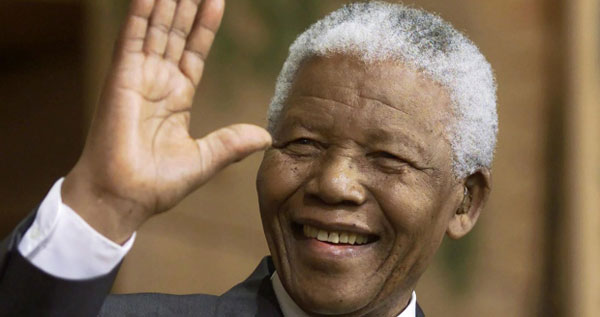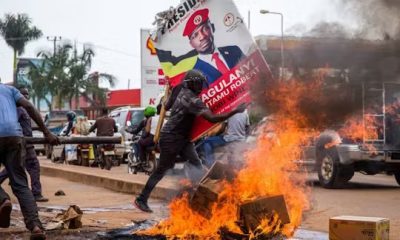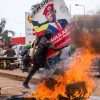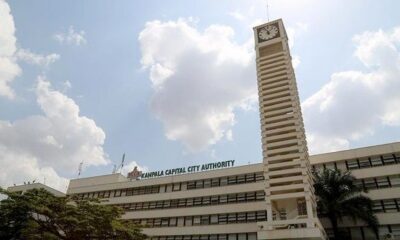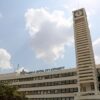Editorial
‘It’s hard to stay on top forever-even if you’re the party of Nelson Mandela’
Did NRM follow the just concluded elections in South Africa? Last week South Africa held local elections and the results provide an interesting study in the impact of staying long in political dominance on political parties.
To understand the outcomes in their elections, it helps to look at few other countries with almost a similar political history of post-liberation as we look at their political trends, their political terrain and their recent political history.
Countries which come to mind with a history of liberation like South Africa are Uganda and India. But first let’s look at last week’s elections in South Africa and try to put the election results in some perspective.
A few days ago, the people of South Africa held their local elections like they have done since the end of Apartheid in 1994. The political history of South Africa is a story of a bloody struggle of liberation against segregation and inequality. At the end of the liberation war, the leading parties attracted historical loyalty. And the leaders of those parties enjoyed cult-like support.
In the case of South Africa, Nelson Mandela was that leader. He was persecuted, arrested many times before he was jailed for 27 years – all because he opposed the official policy of segregation and suppression of black people by white people.
The party he led was the African National Congress (ANC) and its enduring success to-date has been undisputedly built on the popularity and charisma of Nelson Mandela who, even in death he still remains the face of – ANC, the anti-oppression party.
When Nelson Mandela stood down after one term in office, the new leaders didn’t take long before they started behaving like hyenas. They did nothing for the ordinary people especially the black people. But even as the black people continued living in shacks, without running water, without electricity, and without medical care, they remained loyal to Mandela’s party because voting otherwise would mean betraying Nelson Mandela.
On August 3, however, the African National Congress party faithfuls woke up to the reality that even if you are the party of Nelson Mandela, his legacy can never protect you forever unless you meet the expectation of the voters especially if those voters are the ‘born-free’ voters who do not easily understand how a minority group of white people could have dominated so many black people.
So in the last week’s elections, the ANC was so humiliated that it lost its domination not only in the government district of Pretoria, the business district of Johannesburg, it lost its hold on Nelson Mandela Bay – the historical place of anti-apartheid activism.
According to the South African Institute of Race Relations, a Johannesburg-based policy group, ‘the real issue of last week’s election was the economy. Our surveys show that first, voters want jobs; they want medical care and other social services human beings deserve. Corruption comes second’.
So what the voters did last week through their ballots was to send a clear message to the ANC leadership that if the ANC doesn’t deliver jobs and doesn’t improve the quality of life of the people, South Africans won’t hesitate to look far for an alternative party. And that if the ANC does not improve its performance soon, it can be sure of losing its political dominance in South Africa.
In short, the elections have been widely seen as a referendum on the performance of the ANC government. And the results have shown that the voters have lost faith not necessarily in the party but in the leadership of the late Mandela’s party.
The Indian National Congress of Nehru-Gandhi family dynasty dominated its country’s politics for decades. It started taking its support for granted, the voters revenged and it has lost its domination to Narendra Modi’s Bharatiya Janata Party (BJP).
Zimbabwe’s ZANU-PF has dominated politics in that country for decades. With the detoriaration of the economy, the ZANU-PF has lost its historical support although it continues to lead the country.
Uganda’s National Resistance Movement which liberated the country from dictatorship of then, has enjoyed political domination since 1986 to-date. But with the economy not doing well today, and joblessness and poverty increasing, NRM lost ground to opposition parties in the last elections.
We can only hope that the leaders of the NRM learnt lessons from their losses just like the South African Leaders have said they have done.
Comments



